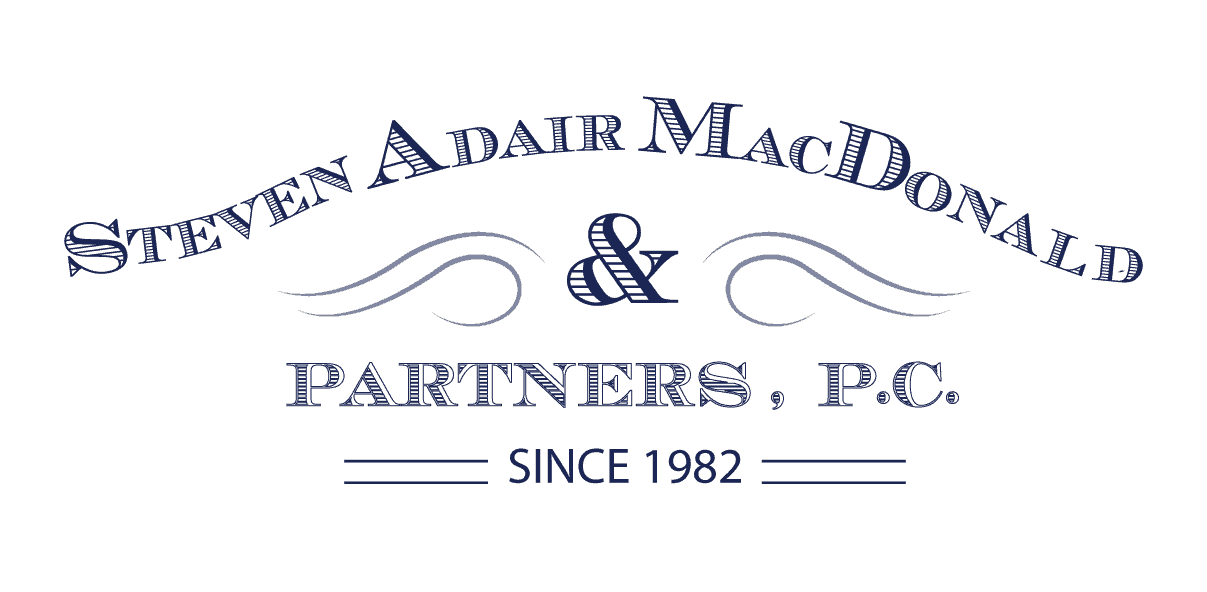
Stand Up Against Domain Taking With An Attorney Eminent domain…

When it comes to the covenant of quiet enjoyment, both tenants and landlords should have a clear understanding of what it means to them. Most leases outline the covenant of quiet enjoyment to protect a tenant’s right to peaceful habitation. However, the covenant need not be explicitly written in the lease to be legally binding. It can be implied.
Under the covenant of quiet enjoyment, tenants have the right to:
Quiet enjoyment may mean different things to different people. For this reason, it can be difficult to define what qualifies as a breach of quiet enjoyment. Courts have determined a variety of complaints as a breach of the covenant. It can range from drifting cigarette smoke, to drug dealing neighbors, to an ongoing mold problem.
In order to qualify, the interference must be within the landlord’s control. The landlord needs adequate resources to solve the problem, and it must be within the landlord’s natural duties. For example, if the noisy next-door neighbor lives on a property owned by someone else, then it doesn’t fall under the covenant of quiet enjoyment.
Both tenants and landlords may consider several options in the event of a breach of quiet enjoyment. It’s always wise to consider less extreme action first, as it will save time, headaches and money.
A tenant may choose to send the landlord a covenant of quiet enjoyment letter that outlines the details of the the issue and how it has negatively affected the tenant’s living conditions.
Landlords are responsible for responding to the letter and addressing the issues.The response should include the steps and timeframe the landlord will take to resolve the problem.
If the breach forces a tenant to leave the premises, the tenant may have a claim for constructive eviction. However, by taking this action tenants should be aware they could face penalties or legal action for unpaid rent. Before making this claim, tenants should make sure they have provided the landlord proper notice of problems. They should also allow a reasonable amount of time for the landlord to resolve the issue. By the same token, landlords should make sure they work to resolve the situation it deteriorates.
A final option for both tenants and landlords is to take the issue to small claims court. If a landlord refuses to remedy the interference, the tenant may sue the landlord in small claims court. On the other hand, a landlord may also take the tenant to court for unpaid rent.
To avoid any disputes, it’s important that both tenants and landlords have a clear understanding of the covenant of quiet enjoyment and what it means to their rental agreement.
If the covenant is broken, it’s best to seek legal help to learn your options – whether you’re a tenant or a landlord. Steven Adair MacDonald & Partners has resolved landlord-tenant disputes and real estate issues for over 30 years. To schedule a consultation, please call 415-956-6488.
There are two sides to every story —
let yours be heard.
Steven Adair MacDonald & Partners, PC
870 Market Street
Suite 500
San Francisco, California 94102
United States
(415) 956-8698
Copyright © 2024 Steven Adair MacDonald & Partners, PC - All Rights Reserved. | Powered by Advantage Attorney Marketing & Cloud Solutions